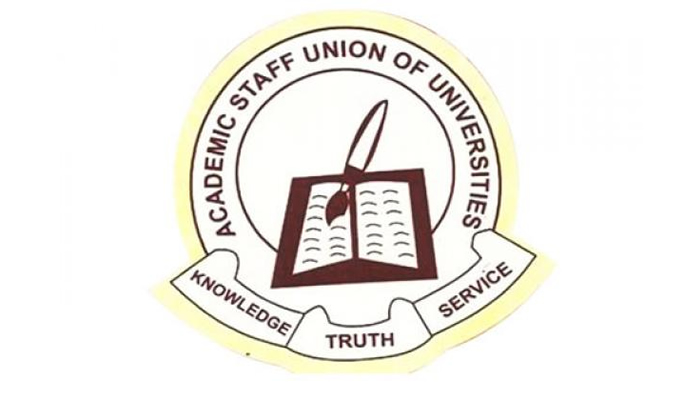The Academic Staff Union of Universities (ASUU) has voiced strong opposition to provisions within the Nigeria Tax Bill 2024, which they argue would cripple the Tertiary Education Trust Fund (TETFund) and jeopardize the future of higher education in Nigeria. ASUU contends that the proposed phasing out of the education tax, the primary funding source for TETFund, in favor of a nascent student loan scheme administered by the National Education Loan Fund (NELFUND), is a shortsighted and detrimental move that will disproportionately impact students from lower socio-economic backgrounds. They urge the National Assembly to reject these provisions and prioritize accessible and affordable education for all Nigerians.
At the heart of ASUU’s concerns is the gradual reduction of TETFund’s allocation from the education tax, culminating in its complete elimination by 2030. The proposed bill outlines a phased reduction, with TETFund receiving 50% of the development levy in 2025 and 2026, increasing to 66.7% from 2027 to 2029, and finally receiving zero percent in 2030 and beyond. ASUU argues that this planned defunding will effectively strangle TETFund, an institution they credit with revitalizing Nigeria’s public universities through crucial infrastructural development and academic capacity building. They deem the diversion of these funds to NELFUND, an untested agency focused on student loans, as illogical and potentially disastrous for the long-term health of the higher education sector.
ASUU emphasizes the transformative impact of TETFund, highlighting its crucial role in providing infrastructure, equipment, and resources to public tertiary institutions. They contend that the readily visible presence of TETFund-funded projects on university campuses, from buildings and laboratories to clinics and streetlights, underscores the agency’s significant contribution to improving the learning environment. They argue that the loss of TETFund would have a devastating impact on the capacity of these institutions to maintain their current operations, let alone expand to accommodate the growing demand for higher education. ASUU’s position is that diverting funds to a student loan scheme, which they believe will only benefit a limited number of students, is a poor substitute for the broad-based support provided by TETFund.
The union also raises concerns about the legality of diverting funds earmarked for TETFund to other agencies. They point to the TETFund Act of 2011, arguing that it doesn’t provide for the allocation of the education tax to any entity other than TETFund. This raises legal questions about the proposed changes within the Nigeria Tax Bill 2024 and further strengthens ASUU’s argument against the dismantling of TETFund. Their position is that any move to redirect these funds without amending the existing legislation is not only ill-advised but also potentially illegal.
ASUU further criticizes the proposed student loan scheme as inadequate and unsustainable, arguing that it is designed to benefit less than half of Nigerian students. They express skepticism about the long-term viability of the scheme and contrast it with the tangible and accessible benefits provided by TETFund’s investments in infrastructure, which serve all students. They believe that focusing solely on student loans ignores the systemic issues of underfunding within the education sector, which requires comprehensive solutions that go beyond individual financial assistance. ASUU’s concern is that the shift towards student loans signifies a move away from the government’s responsibility to adequately fund public education.
ASUU’s appeal to the National Assembly is rooted in their belief that TETFund is essential for the future of higher education in Nigeria. They urge lawmakers to reconsider the proposed changes within the Nigeria Tax Bill 2024 and uphold their constitutional mandate to ensure accessible and affordable education for all. They emphasize the historical context of TETFund’s establishment, highlighting ASUU’s instrumental role in its creation and their ongoing commitment to its protection. Their message is clear: dismantling TETFund in favor of an untested student loan scheme is a dangerous gamble that could have devastating consequences for the Nigerian education system and the future of its students.


